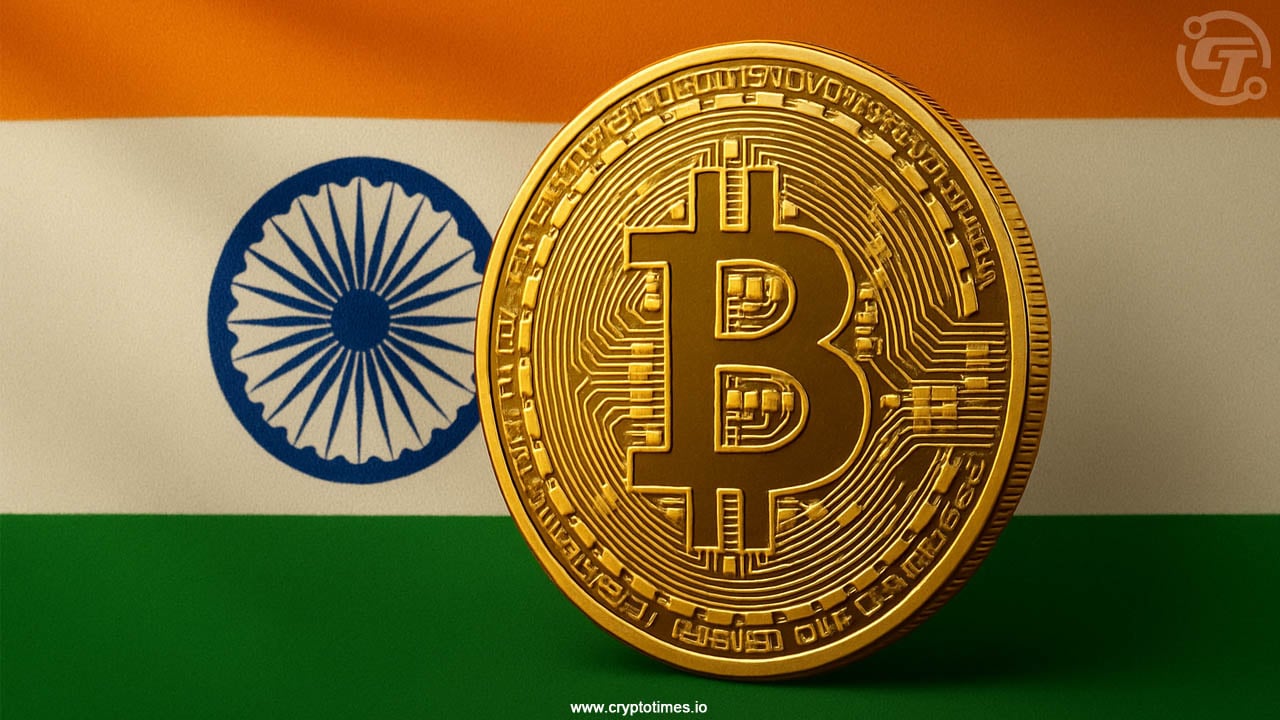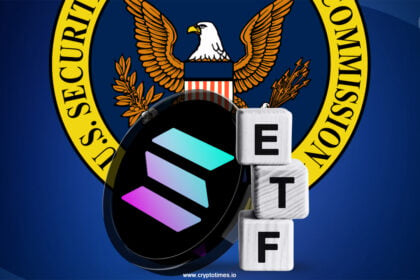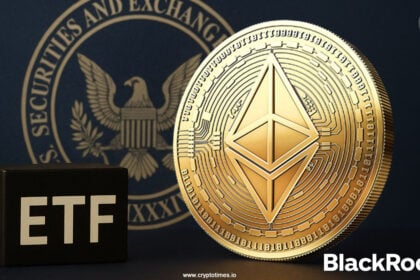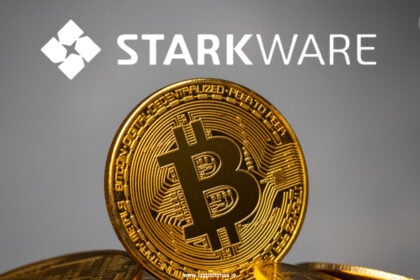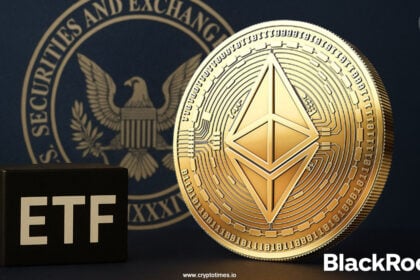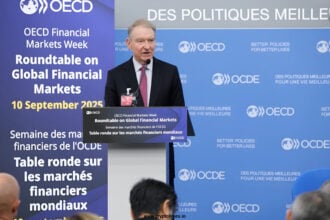Indian regulators are holding back from rolling out full cryptocurrency rules in 2025 because the Reserve Bank of India (RBI) fears regulation could legitimize the industry.
According to a Wednesday report from Reuters that cited the official documents, the RBI believes that bringing in regulations would not only give cryptocurrencies legal recognition but could also “cause the sector to become systemic.”
The central bank also explained that even if India were to completely ban cryptocurrencies, it would not solve everything. A ban might stop some speculation and reduce risks for people investing in highly volatile assets, but it would not prevent people from making direct peer-to-peer transfers or trading on decentralized exchanges. These types of exchanges do not rely on banks or central authorities and are much harder to monitor or shut down.
India’s Current Restrictions on Crypto
At the moment, India does not have a full law for digital assets. However, the government has already put in place certain measures. There is a 30 percent tax on profits from crypto trading, which makes speculation more costly. Foreign crypto exchanges are also required to register with Indian regulators before they can operate in the country.
In late 2023, the Financial Intelligence Unit (FIU) asked internet providers to block access to several well-known global exchanges that had not registered. These included Binance, KuCoin, Huobi, Kraken, Gate.io, Bittrex, Bitstamp, MEXC Global and Bitfinex.
Binance and KuCoin later returned to the Indian market in 2024 after registering with the FIU and getting approval to continue business legally. The FIU also enforces Anti-Money Laundering rules, which all crypto companies serving Indian customers must follow.
Still, Crypto Adoption Keeps Rising
But even with the strict stance, the country still remains one of the countries that has adopted crypto. According to a The 2025 Geography of Crypto Report by Chainalysis, India is at the top in adoption metrics across all categories.
Even some government officials have also admitted to holding crypto. For instance, Minister Jayant Chaudhary reported that his crypto portfolio had grown 19 percent in value, reaching around $25,500.
Still, not everyone believes the numbers tell the full story. Mithil Thakore, CEO of the crypto platform Velar, said: “The fact that metrics say one thing, and reality presents a contrasting image, suggests that India stands at a paradoxical crossroads.”
Also Read: POP Culture Group Invests $33M in Bitcoin for Web3 Shift




